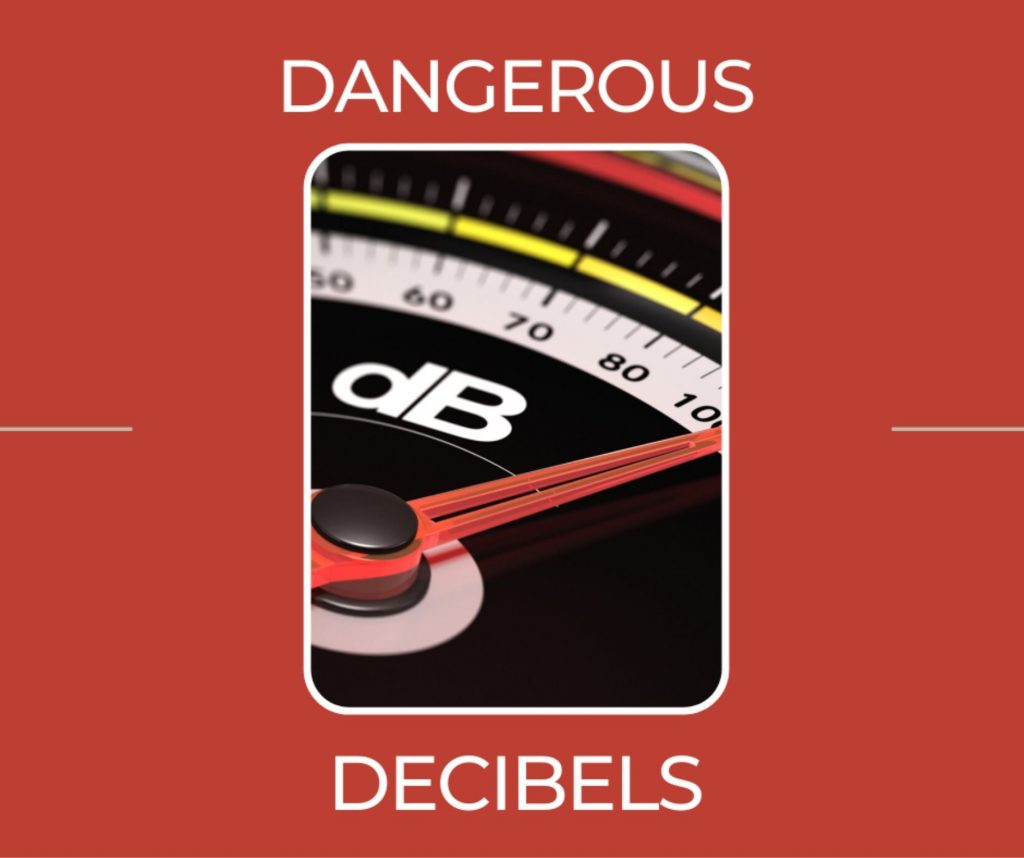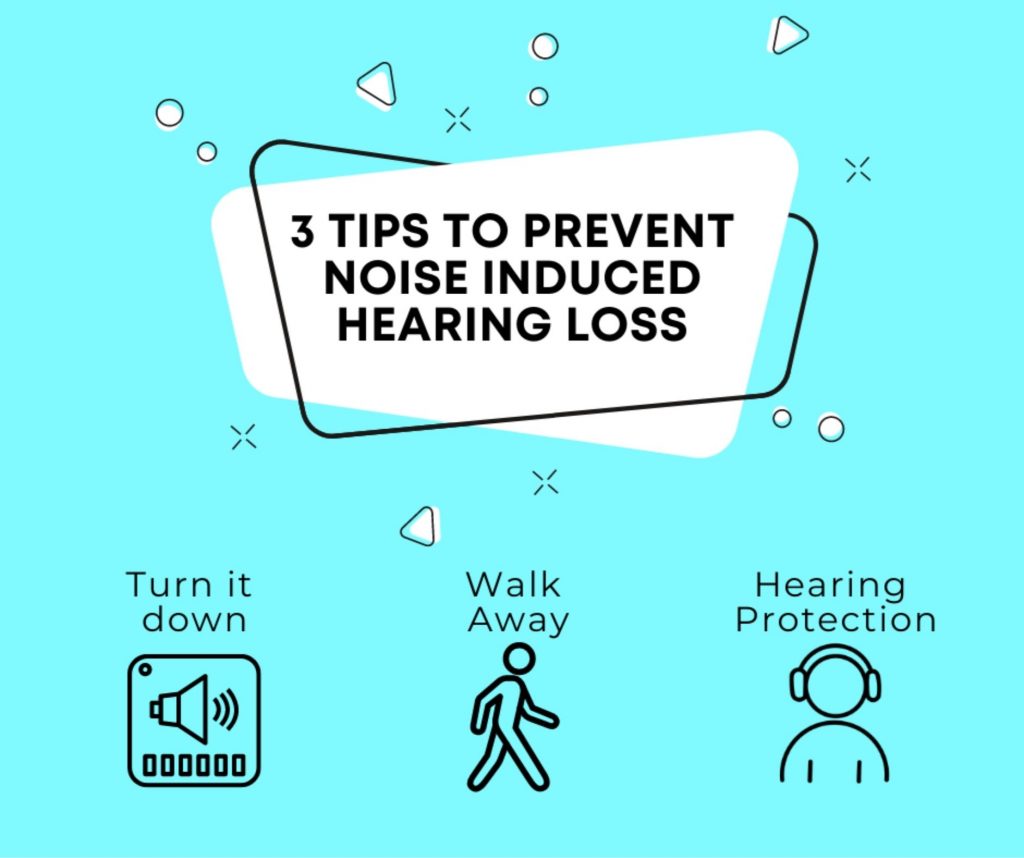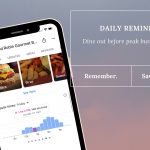What Summer Sounds Can Damage Your Hearing?
Buzzing lawn mowers, booming sporting event speakers (and yelling fans), rowdy outdoor concerts, and crackling fireworks–these are welcome summer sounds. However, many sounds that we typically hear during the summer can be damaging to our hearing.
NOISE-INDUCED HEARING LOSS
Noise-induced hearing loss (NIHL) results when the nerve fibers in the inner ear (cochlea) are damaged by dangerously loud sounds. The effect could be temporary or permanent. Sometimes, my patients don’t even realize their hearing has been damaged. Years of cumulative exposure over a lifetime can lead to changes in hearing acuity.
Noise-induced hearing loss can happen at any age. A study performed by the CDC in 2011 discovered that at least 10 million adults under the age of 70 in the U.S. had incurred hearing loss in one or both ears from loud noise exposure, according to their hearing tests. The study estimates that 12.5% of children and adolescents aged 6–19 years (approximately 5.2 million) and 17% of adults aged 20–69 years (approximately 26 million) have suffered permanent damage to their hearing from excessive exposure to noise.
When considering noise exposure, be aware of the following two variables: intensity (loudness) and duration (time). Noise-induced hearing loss can result from a one-time exposure to a loud noise or an extended exposure to a loud sound over a period of time.
SIGNS OF NOISE-INDUCED HEARING LOSS
Many patients don’t realize that they have noise-induced hearing loss since it can happen slowly over time. The change is gradual, and the brain simply adjusts to a lower hearing acuity. Our clinic commonly treats individuals with this problem who have worked in noisy environments (e.g. military, construction, landscaping, or factory settings). Even if hearing is screened routinely in high-risk environments, hearing loss may still not be noticeable immediately.
Patients with NIHL will routinely report ringing in the ears or muffled and unclear speech. These hearing abrasions inhibit their ability to follow conversations and hear within background noise. Sometimes, exposure to sudden or continuous noise can result in a temporary hearing loss that disappears after several days. However, although the loss of hearing seems to disappear, recent studies by the National Institute on Deafness and Other Communication Disorders (NICDC) suggest that your hearing may still incur residual long-term damage.
COMMON SOUNDS IN YOUR ENVIRONMENT
Sound is measured in units called decibels (dB). Sounds at or below 70 dB are unlikely to cause hearing loss, while long or continuous exposure to sounds at or above 80 dB can be damaging. The louder the sound, the more damaging the result.
Below are listed several sounds that you may hear commonly in your neighborhood or city:
-
Normal conversation
60-70 dBA
-
Motorcycles and dirt bikes*
80-110 dBA
-
Sporting events and concerts*
94-110 dBA
-
Sirens*
110-129 dBA
-
Fireworks*
140-160 dBA
*Dangerous decibel levels
(CDC 2021)
WHAT CAN I DO TO PREVENT NOISE-INDUCED HEARING LOSS?
The following tips will minimize your exposure to loud sounds and protect your hearing:
-
Lower the volume. Decrease the volume on your personal listening devices such as your phone or stereo.
-
Wear hearing protection. Many different types of hearing protection are available: foam, muffs, and custom fit-hearing devices. Hearing protection can be found in most grocery stores or pharmacies. The disposable type is inexpensive and worth having. However, if you’re around noise frequently, consider investing in custom hearing protection for comfort and convenience.
-
Move away from the noise. Avoid the front row of the fireworks or concert. Even so, you should still wear hearing protection.
At Schwab Audiology, we care about the quality of your hearing and are equipped to answer your questions and concerns regarding sound safety. We can also provide custom hearing protection to those interested. Hearing is important in your life. If you think you are experiencing hearing problems, contact your local audiologist to see if you have noise-induced hearing loss.
WORKS CITED
National Institute on Deafness and Other Communication Disorders. Quick Statistics external icon. Bethesda, MD: U.S. Department of Health and Human Services; August 2008.
Niskar AS, Kieszak SM, Holmes AE, Esteban E, Rubin C, Brody DJ. Estimated prevalence of noise induced hearing threshold shifts among children 6 to 19 years of age: The third national health and nutritional examination survey. 1988-1994, United States. Pediatrics 2001;108:40–43.




